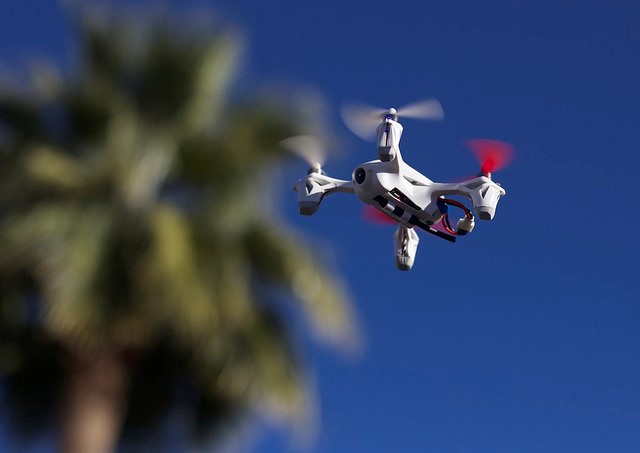How Big Data Will Make Sustainable Farming Better
 Image source
Image source
Our food supply is, of course, vitally important to us all. It’s sad then that approximately one-third of all the food produced in the United States is wasted annually. Not only does this represent a monetary loss more than $940 billion, but it also represents a shameful waste of natural resources. This, combined with bad weather, poor packaging and the unpredictability of pests have all conspired to make the farming industry less profitable and farm less sustainable than we would like.
Luckily, big data has started taking a big interest in agriculture, with investments in agri-tech increasing by 8 percent since 2012, and this sudden interest in the American food chain might just change sustainable agriculture for the better. Here’s how:
Sensors
Sensors are increasingly being used to monitor everything from the condition of the soil in our fields to the kind of fertilizer needed to make crops grow at their optimum rate and even the number of pest present in a particular area. By working out exactly how much or little is needed, farmers can cut down on waste and reduce the number of chemicals they unleash on the earth.
GPS Units
Not only that, but GPS units are also being used to gather data on the best way to use tractors and other heavy machinery in order to minimize fuel use and maximize results. Small GPS boxes are fitted to the equipment where they then gather this data so that it can be analyzed by experts, who then make recommendations for better practices that help agricultural workers cut down on carbon emissions.
Drones
 Image source
Image source
Drones are being used to monitor fields without the use of tractors and other equipment. Because drones are battery powered, this means that much less fuel is being used in the day to day running of farms. It also means that farmers can very easily identify when crops are ripe or when pests have been having a go at them, which obviously helps them to reduce wastage and increase food sustainability.
RFID Chips
RFID chips are very useful in the agriculture industry because they make it very easy to maintain a constant stream of data on food as it makes its journey from farm to the table. From farm raised Salmon to organic wheat crops, there is literally nothing that can’t be fitted with an RFID chip and monitored. This means that companies can identify exactly how much stock they have, cutting down on overproduction in the process. They can also use the chips to determine which crops thrive on their land, so that they can plan accordingly and, again, cut down on waste.
This kind of sustainable agriculture technology might, as of now, only be sued by a small proportion of farmers, but it is expected that the industry will grow by 14 percent in the next five years, and that’s just in the USA. If and when full-scale adoption of this tech is achieved, there will be a revolution in farming the likes of which hasn’t been seen since industrialization and it will make for a much more sustainable future.
